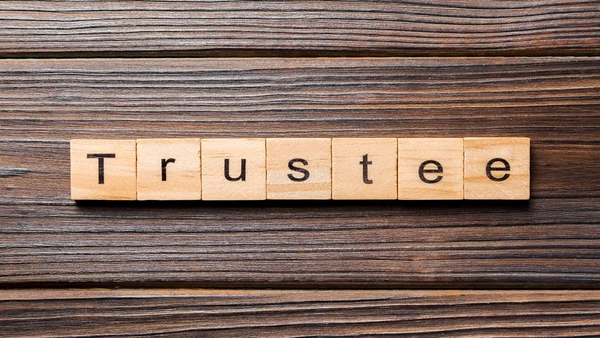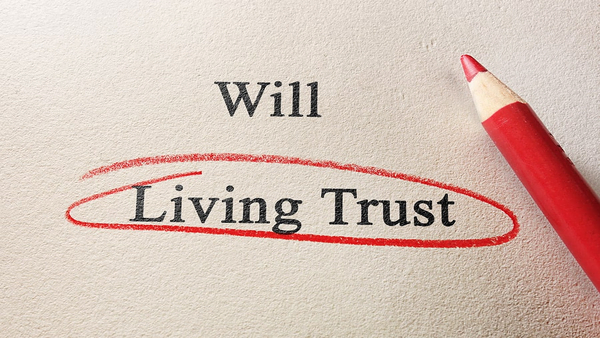It can be a bit confusing trying to figure out what's better - a will or a trust.
Put simply, a trust is headed up by a trustee who manages the money or assets set aside for someone else.
This is usually the best choice if you are making a will and want to leave money or property to someone who cannot take responsibility for those assets themselves.
An example might be children under 18 or adults lacking mental capacity.
If this is the case, you can create a trust – an amount of money that has been set aside and can only be used for the benefit of the chosen beneficiaries. The trustee is the person who decides what to spend the money on, or allocates it to the person at the right time.
What does being a trustee involve?
If you’re a trustee, the best interests of the beneficiary or beneficiaries should be at the heart of every decision you make relating to the money or assets in the trust. This is called your ‘fiduciary duty’.
It might be that there are specific instructions in the trust agreement, offering some guidance on what the money should be spent on.
For example, someone might leave an older person with dementia a trust with money to be used solely for their care, or they might leave a trust for a child under 18 with the stipulation that the money must be spent on their education.
If the trust agreement contains instructions then you must follow them. However, if the trust is a ‘discretionary trust’ then you can make decisions about what the money is best spent on.
Unless the trust agreement explicitly states it, you won’t be able to benefit from the trust yourself.
Being a trustee also often involves paying tax on behalf of the trust, for example inheritance tax, income tax and capital gains tax. The GOV.UK website can give you more information about trustee tax responsibilities.
What should you do if someone asks you to be a trustee?
Whilst you might automatically want to accept, it’s best for everyone involved that you think through your decision carefully before agreeing to be a trustee.
Remember:
- It’s a big responsibility and requires a lot of work, and it’s unlikely you’ll get any material reward
- If you don’t carry out your duties properly you may be liable for losses made by the trust
- Depending on the nature of the trust, being a trustee could be a long-term commitment. Whilst some have an obvious end point (for example, when the child concerned turns 18), others can go on for decades
- There may be more than one trustee for a single trust, and you must all be able to agree when making decisions. Find out who the other trustees are and consider whether the relationship will work
As a trustee, everything you do must be for the benefit of the person the trust was created for. So make sure your decision reflects this as well – if you don’t think you’ll be able to carry out the duties to the best of your ability, it might be better to politely decline.
However, it’s important to remember that the person creating the trust has chosen you because they are sure you could do the job well and ensure the beneficiary is looked after. They’re trusting you, and by accepting you’ll be helping someone important to you.
If you’re still undecided, it’s a good idea to voice your concerns to the person setting up the trust. They might be able to reassure you or give you a better idea of how much work will be involved in being a trustee. They might also be able to tell you if they’ve got other options if you say no, which can either take the pressure off you, or make you aware of how important it is to that person that you are the trustee.
You can also seek legal advice before agreeing to become a trustee, so you can be sure it’s definitely something you’re able to take on. Ultimately, however, the decision has to be yours.
Being asked to become a trustee is a big honour, but it comes with a lot of responsibility. Be sure to think through your decision carefully, and if you decide to agree to it, be safe in the knowledge that you’re trusted to financially look after someone and to always have their best interests at heart.






